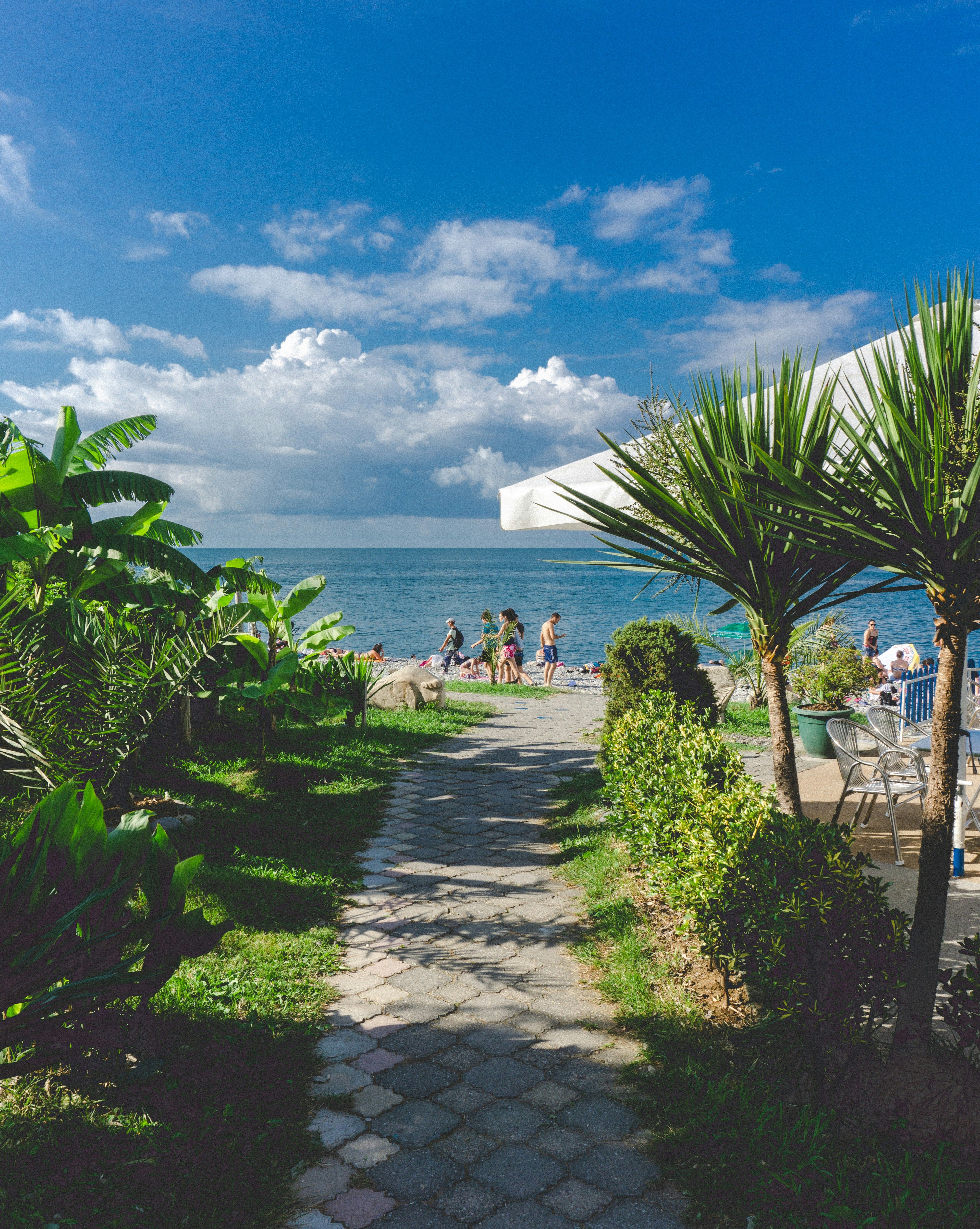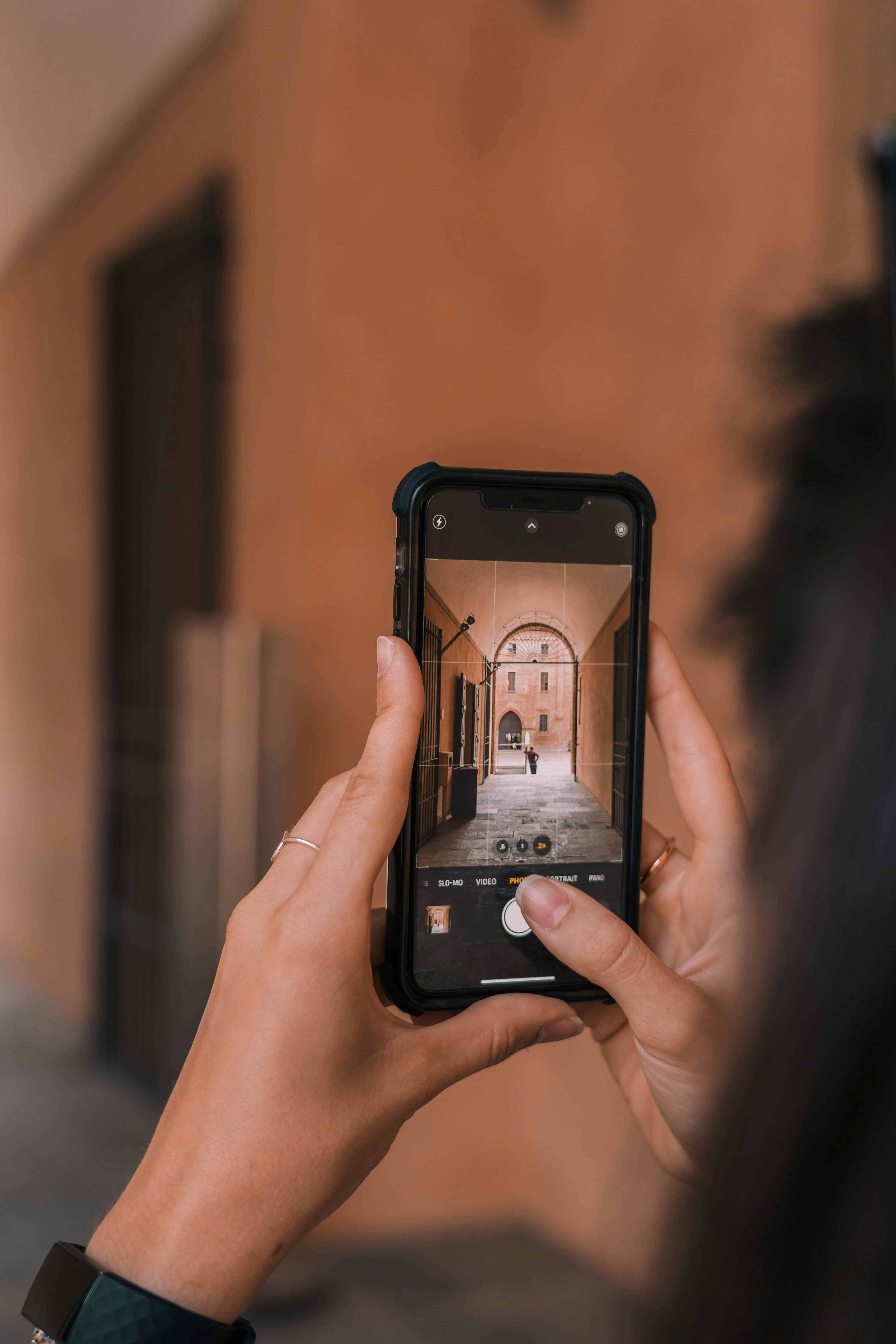Heartfelt Meetup Following Successful Resuscitation - Heartfelt Meeting Following Successful Resuscitation Efforts
Life Saved: Gratitude Felt in Emotional Reunion After Resuscitation
In a touching reunion, an 18-year-old Afghan refugee, Kurban, expressed his heartfelt gratitude to two German police officers who resuscitated him following an accident in Gießen.
Two years ago, Kurban fled from Afghanistan to Germany, and on a fateful day in February, he fell off his bicycle at the Gießen market square. Witnesses immediately called the emergency number, and when the first police patrol arrived, Kurban had ceased to exhibit any vital signs.
Main Commissioner Christian Fuchs recounted the incident: "Our attempts to detect his pulse and breathing were unsuccessful." It was Fuchs who initiated cardiopulmonary resuscitation (CPR) on Kurban, with the assistance of police commissioner candidate, Sweetana Weber. They tended to the bystanders while administering CPR.
Under their continued resuscitation efforts, Kurban was transported to the hospital in a critical condition. Doctors put him into an artificial coma and treated him in the intensive care unit for four weeks. During this time, a previously undetected heart defect was discovered, and a stent was implanted.
Kurban now reports feeling well with no lasting complications. He was eager to express his thanks to the officers who saved his life: "The police officers saved my heart." He has also presented a gift basket to the staff at the University Hospital Gießen's intensive care unit.
The police officers remember the incident fondly, describing it as an extraordinary experience. "It was like something straight out of a movie – fortunately, with a happy ending," said Fuchs. emergencies without immediate ambulance availability are exceedingly rare, according to Fuchs, who has served for 25 years.
Expressions of gratitude from a rescued individual are rare, according to police spokesman Pierre Gath. Such expressive moments are highly rewarding for police personnel, he emphasized, and underscore the importance of first aid training. Despite it being part of the basic training for police officers, there are no mandatory refresher courses.
Kurban's group home peers were delighted to have him back after his hospital stay. They penned a heartfelt letter to the police, thanking them for their assistance.
In broader European contexts, the European Resuscitation Council highlights the significance of early recognition and intervention in cardiac arrest cases. The Council encourages dispatchers to guide bystanders, including police officers, in CPR techniques, suggesting that police officers are often equipped to assist in emergencies when necessary.
The community was touched by Kurban's heartfelt thanks to the German police officers who saved his life, emphasizing the crucial role vocational training, such as first aid and CPR, plays in the health-and-wellness of the community. As he recovers, Kurban also takes an interest in maintaining his physical fitness-and-exercise and mental health, recognizing the importance of a balanced lifestyle, fostered by his experiences.







